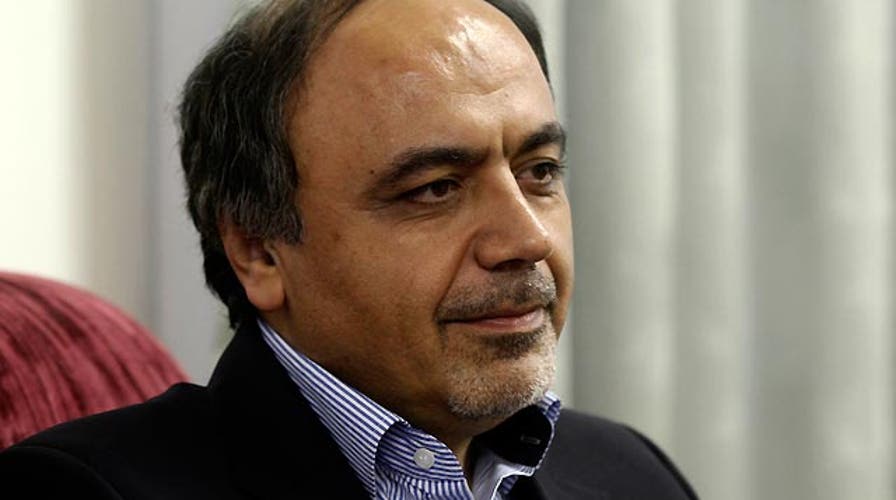Iran cries foul over US rejection of ambassador
Tension rising over Obama administration's decision to deny a visa to Iran's choice for U.N. ambassador because of his role in the 1979 US Embassy hostage crisis
Iran is pushing back against the Obama administration's decision to deny a visa to its choice for U.N. ambassador, describing the move as a dangerous precedent and requesting a special meeting of a U.N. committee to discuss the matter.
The Obama administration said Friday that the U.S. had notified Iran it would not grant a visa allowing Hamid Aboutalebi to enter the country over concerns about his involvement in the 1979 U.S. Embassy hostage crisis in Tehran.
Iran's Deputy U.N. Ambassador Hossein Dehghani on Monday sent a letter to U.N. Secretary-General Ban Ki-moon requesting that the denial be addressed in an "extraordinary and urgent manner" by the U.N. Committee on Relations with the Host Country.
"This decision of the U.S. government has indeed negative implications for multilateral diplomacy and will create a dangerous precedence and affect adversely the work of intergovernmental organizations and activities of their member states," Dehghani wrote.
Cyprus U.N. Ambassador Nicholas Emiliou, who chairs the 19-member committee that handles immigration and security for diplomats, told Reuters that a meeting would likely be held next week.
"They have specified that they do not request any action on the part of the committee. They simply wish to brief us for the time being at least," Emiliou said of Iran's request.
Dehghani added that the "denial of visa to a representative of a U.N. member state is in contravention of the principles of international law and the United Nations Charter including the principles of sovereign equality of states and respect for their sovereignty and political independence."
Aboutalebi is alleged to have participated in a Muslim student group that held 52 Americans hostage for 444 days during the embassy takeover. He has insisted his involvement in the group Muslim Students Following the Imam's Line was limited to translation and negotiation. Iran says he is one of the country's best diplomats, and that he previously received a U.S. visa. He already served at Iranian diplomatic missions in Australia, Belgium and Italy.
As host country for the U.N., the U.S. must allow persons invited to the New York headquarters to enter the country. However, exceptions can be made when a visa applicant is found to have engaged in spying against the U.S. or poses a threat.
On Saturday, Iran's Deputy Foreign Minister Abbas Araghchi said the country had no plans to name a new diplomat to the United Nations. He was quoted by Iran's semiofficial Mehr news agency as saying officials would pursue the issue "through anticipated legal channels at the U.N."
Denying visas to U.N. ambassadorial nominees or to foreign heads of state who want to attend United Nations events in the U.S. is extremely rare, though there appears to be precedent. According to a paper published by the Yale Law School, the U.S. rejected several Iranians appointed to the U.N. in the 1980s who had played roles in the embassy hostage crisis or other acts against American citizens.
But after more than three decades of discord, U.S. and Iranian officials have started having occasional direct contact, including a phone call last fall between Obama and new Iranian President Hassan Rouhani. The U.S. and its international partners also have reached an interim agreement with Iran to halt progress on Tehran's disputed nuclear program.
U.S. Ambassador to the U.N. Samantha Power told ABC's "This Week" on Sunday that talks about Iran's nuclear program are continuing undisturbed by Washington's decision to block Aboutalebi. Officials are in the midst of negotiating a long-term agreement.
Fox News' Jonathan Wachtel and The Associated Press contributed to this report.

